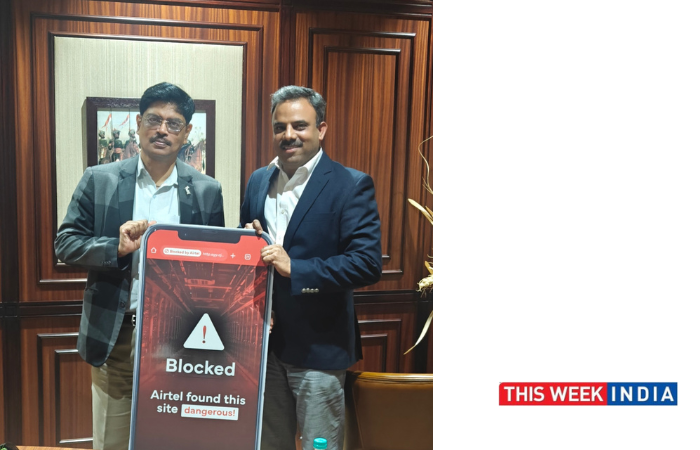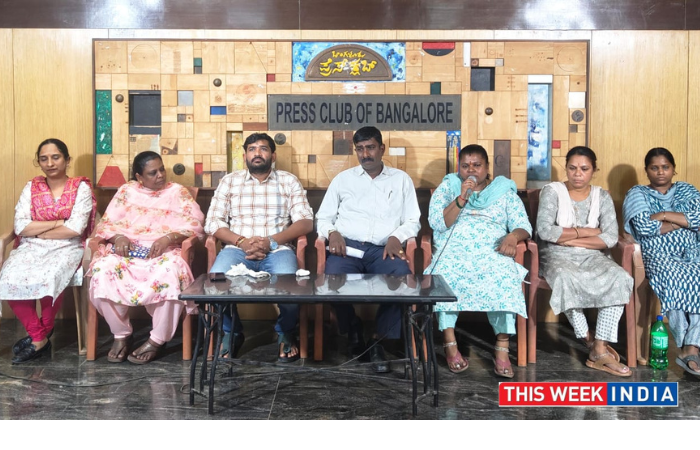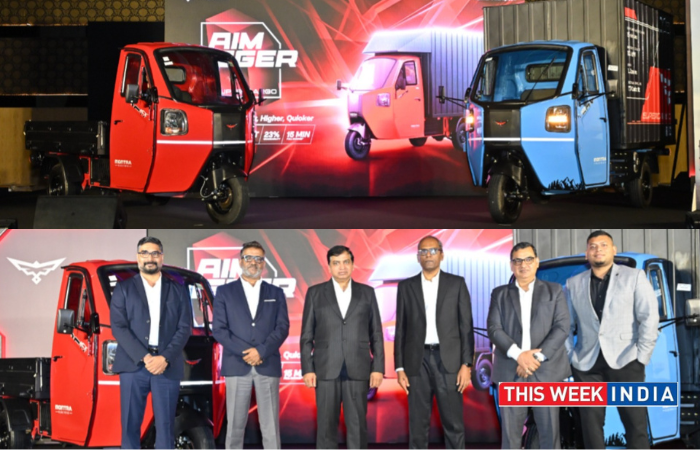A 12-yr-old boy from Bengaluru was successfully treated
with proton beam therapy for pineal gland brain tumour
Bengaluru, March 29, 2023: With the mission to provide the most comprehensive and advanced cancer care in India, Apollo Proton Cancer Centre (APCC), South Asia’s first and only proton therapy centre, has successfully treated a 12-year-old boy from Bengaluru with proton beam therapy (PBT) for pinealoblastoma—a rare type of cancer that occurs in the pineal gland of the brain. The pineal gland is located in the centre of the brain and it produces a hormone called melatonin, which plays a role in the natural sleep-wake cycle of the human body.
Venkata Srisaravana Vemula, from Bengaluru was diagnosed with pinealoblastoma in Oct 2018.
After undergoing an endoscopic third ventriculostomy and biopsy, he was started on chemotherapy HEADSTART III protocol. The patient received five cycles of chemotherapy and was consulted at APCC, Chennai, for further treatment. After a thorough check-up and evaluation of his medical reports, the experts at APCC planned for craniospinal radiation (CSI) using proton beam therapy followed by tumour bed boost using IMRT (photons). The patient was immobilized using a customized headrest and 4 clamp mould for radiation planning. After quality assurance checks, clinicians adviced for radiation therapy which started on 25th March 2019. The treatment significantly reduced the size of the pineoblastoma lesion. The family was counselled in detail regarding treatment plans and the benefits of proton beam therapy in reducing acute and late toxicities.
Globally around 330,000 children and adults were diagnosed with cancer of the Central Nervous System(CNS) in a year and the number continues to rise along with the increasing mortality rate of brain tumours. In India, CNS cancer ranges from 5 to 10 per 100,000 people with a rising trend and accounts for 2% of cancer.
The International Association of Cancer Registries (IARC) states that there are around 28,000 cases of brain cancer reported in India every year and alarmingly 24,000 people die due to brain tumours annually. So far, APCC has treated over 300 cases of brain tumours, 22 of which are from Bengaluru.
Mr. Dinesh Madhavan, President, Group Oncology and International, Apollo Hospitals Enterprise Ltd, said, “We are extremely proud of master Venkata’s win over cancer and the team at the Apollo Proton Cancer Centre, who worked tirelessly to extend the best treatment possible & care to him. This case demonstrates the efficacy of proton therapy in the treatment of cancer, particularly when combined with other modalities. We remain committed to advancing the field of cancer treatment and investing in cutting-edge technology such as proton therapy, to ensure that our patients receive the best possible outcomes.”
Dr. Srinivas Chilukuri, Senior Consultant, Radiation Oncology, Apollo Proton Cancer Centre, Chennai said, “Master Venkata’s response to the treatment for pinealoblastoma has been remarkable, demonstrating the efficacy of the comprehensive treatment plan. In this case, the tumour was in the pineal gland, a risky location in the centre of the brain, and proton therapy helps deliver highly focused protons, spot-by-spot and layer-by-layer, to disrupt the tumour and target radiation to the size and shape of the tumour without harming the surrounding healthy tissues. It has been shown to be effective in curing or controlling many cancers, as well as reducing both immediate and long-term side effects of treatment, resulting in improved survival and survivorship.”
“The success of this case can be attributed to the patient’s courage and resilience, as well as the tireless efforts of our team. We are honoured to have been able to contribute to Venkata’s care and well-being. We remain committed to providing our patients with the best cancer treatment options possible,” said, Dr. Chilukuri.
While speaking about his son’s treatment, Mr Satish Kumar Vemula, father of Venkata Srisaravana Vemula, said, “I am grateful to APCC and the entire medical team for their contributions to my son’s treatment & his recovery. Doctors provided us with the best possible care & treatment, and their support throughout the treatment was invaluable. I’d like to thank them for their dedication and hard work, as well as for being a source of strength and encouragement throughout this ordeal. I’m looking forward to my son’s return to normalcy.”
Mr. Navadiya Jemin Mansukhbhai, who was treated at APCC, said, “My treatment for cervico-medullary pilocytic astrocytoma at APCC was a holistic experience. The doctors and clinical staff were very considerate of my choices and had a detailed treatment plan in place. Intensity-modulated proton therapy was a game changer in my battle with a brain tumour. The environment was such that it didn’t feel like a hospital.”
The major advantage of proton therapy treatment is that protons slowly deposit their energy as they travel towards the cancerous tumour and deposit most of the radiation dose directly in the tumour without damaging the body further thus maintaining healthy tissues and organs without any complications. Proton therapy has been shown to have excellent local control of various cancers located in some of the most difficult areas such as skull-base regions of the body which are otherwise difficult to treat. The latest breakthroughs in this technology including pencil beam scanning, highly precise image guidance and tremendous refinements in the machine set up have led to the adoption of this technology throughout the world in hospital settings in the last few years.
Proton therapy is being encouragingly adopted for the treatment of various cancers such as brain and spine tumours, skull base tumours, oral cancers, gastro-intestinal cancers, bone and soft tissue tumours, breast cancers, thoracic cancers (lung cancer), genitourinary cancers (prostate cancer) and predominantly in paediatric cancers except for leukaemia.









